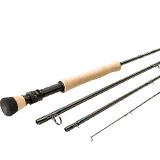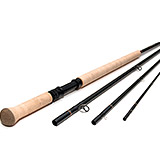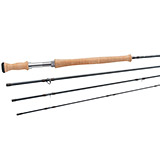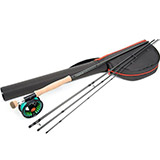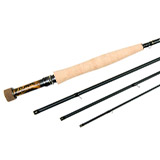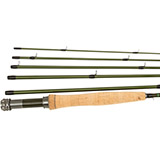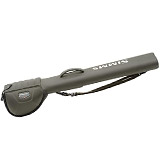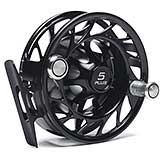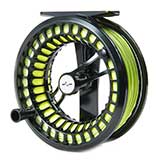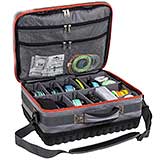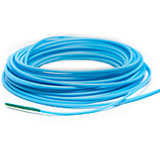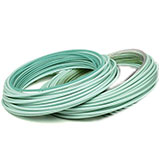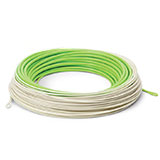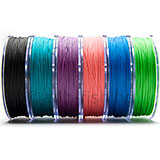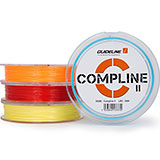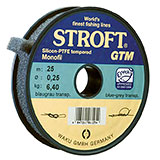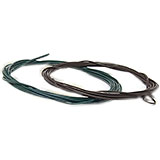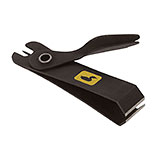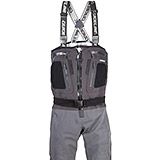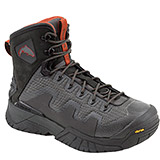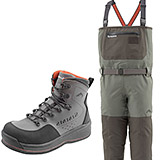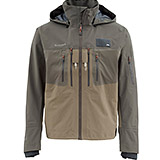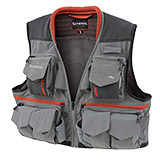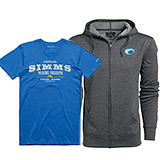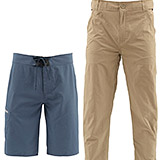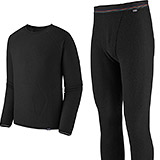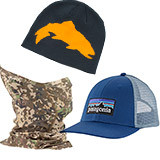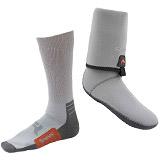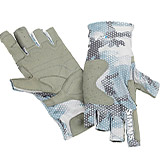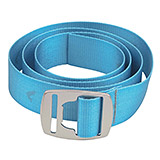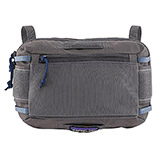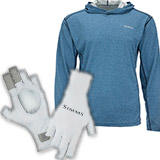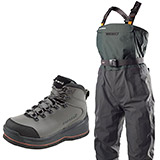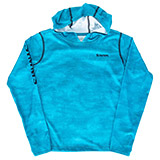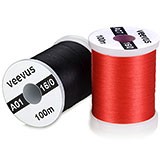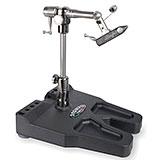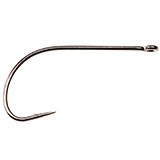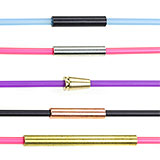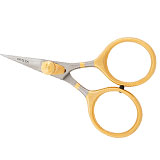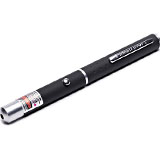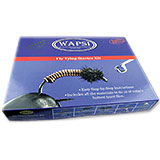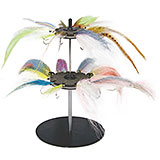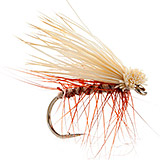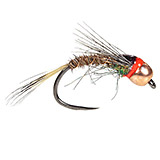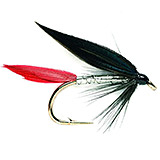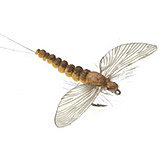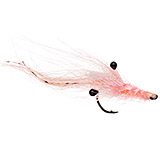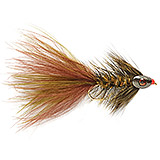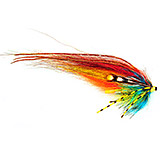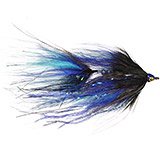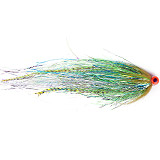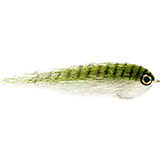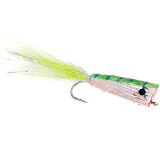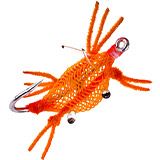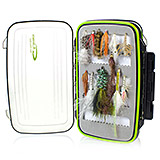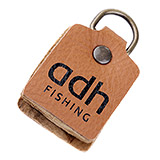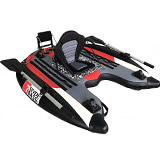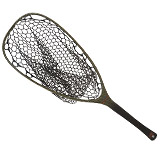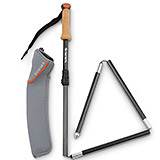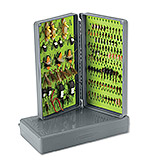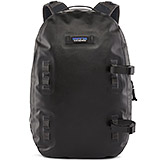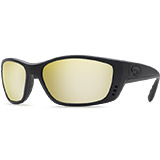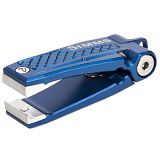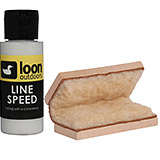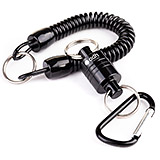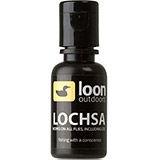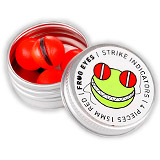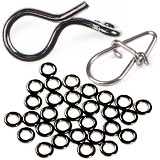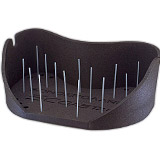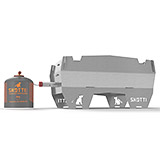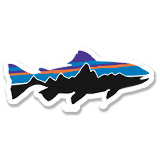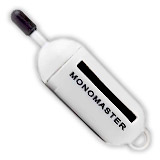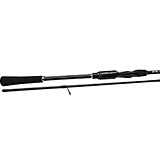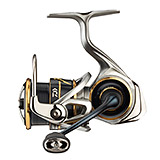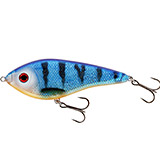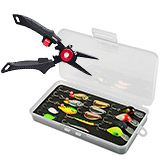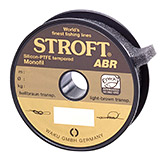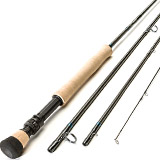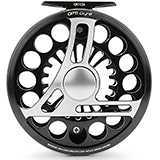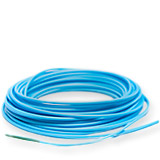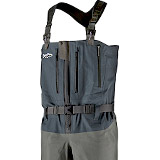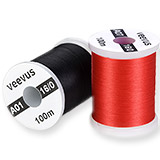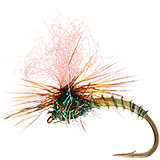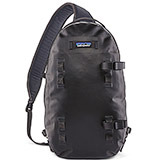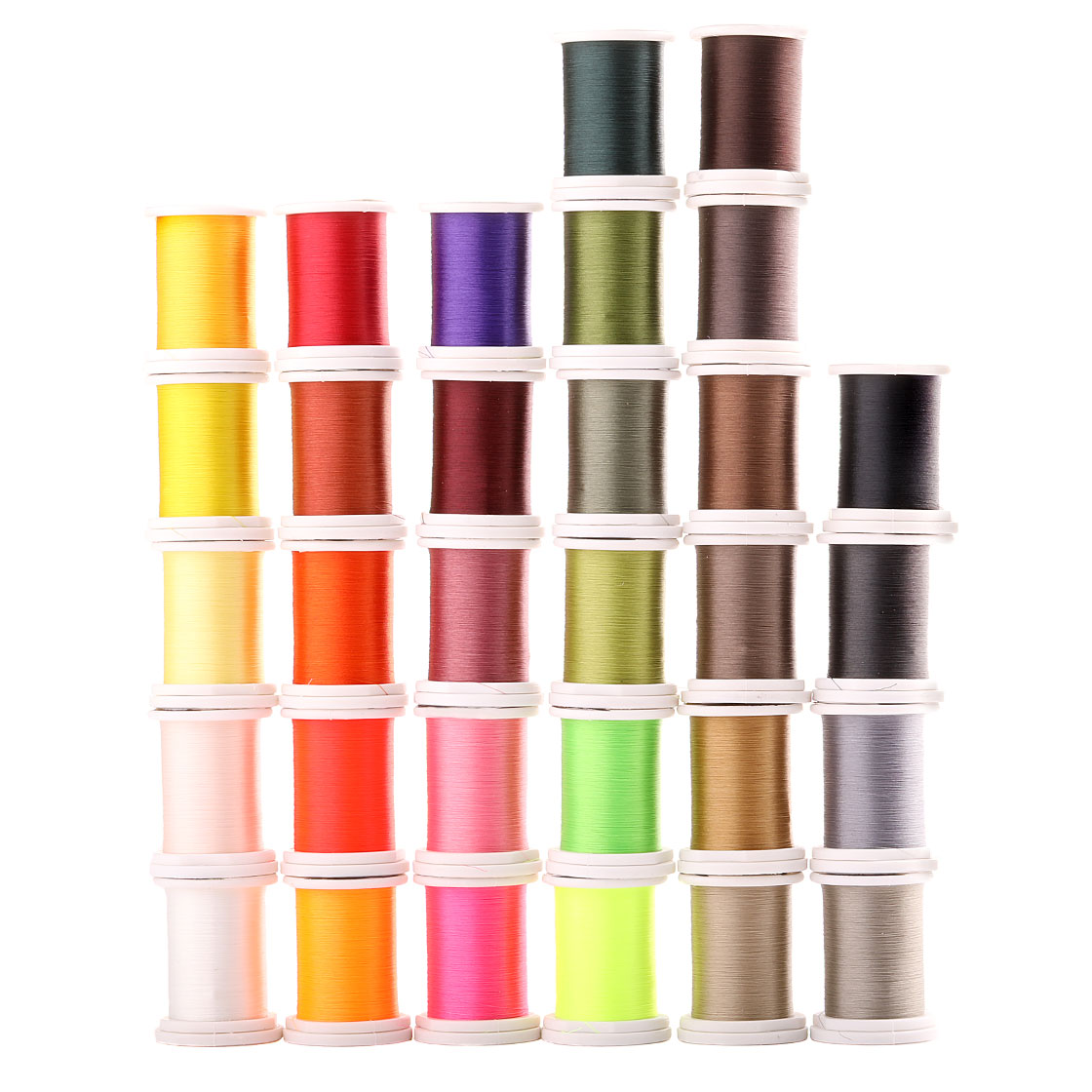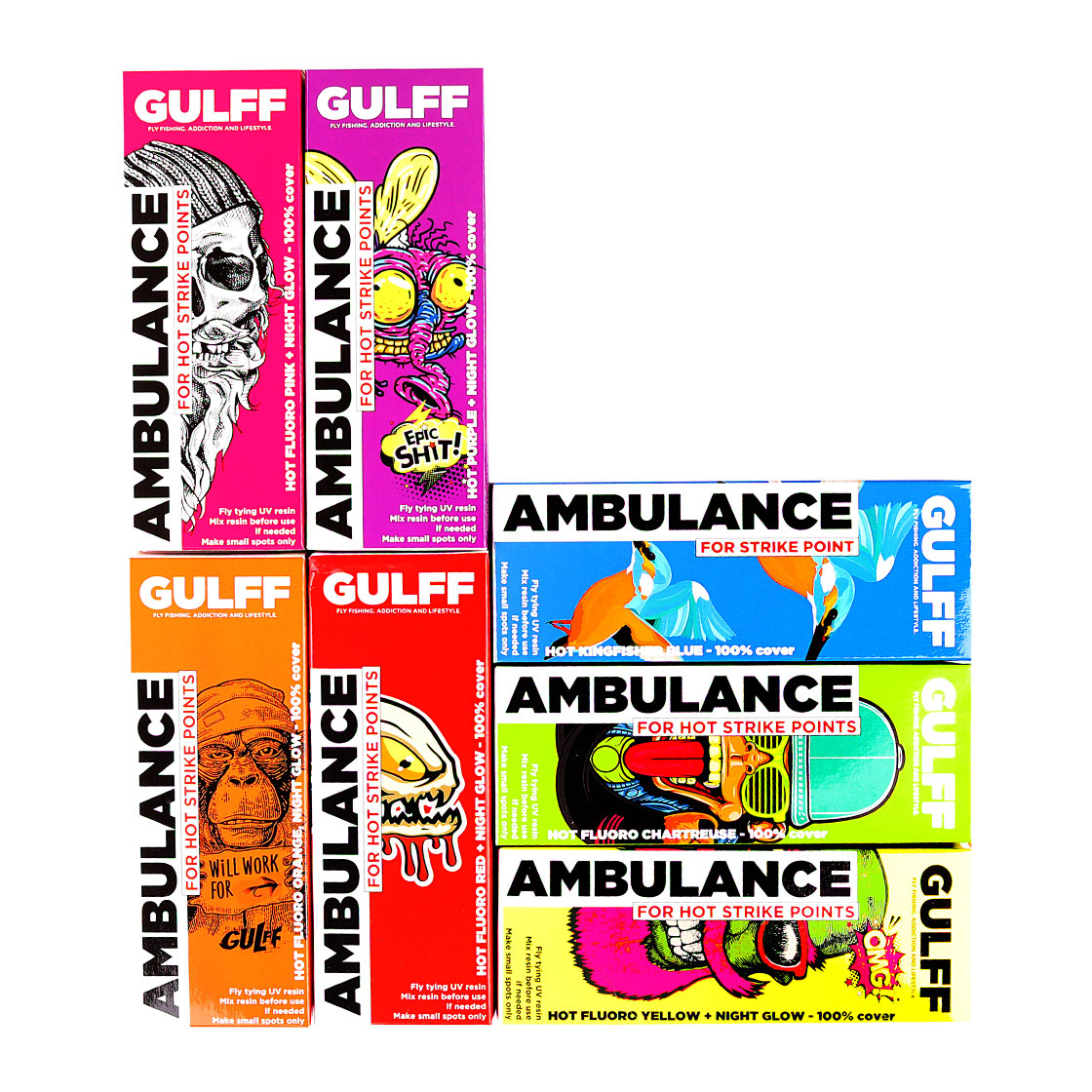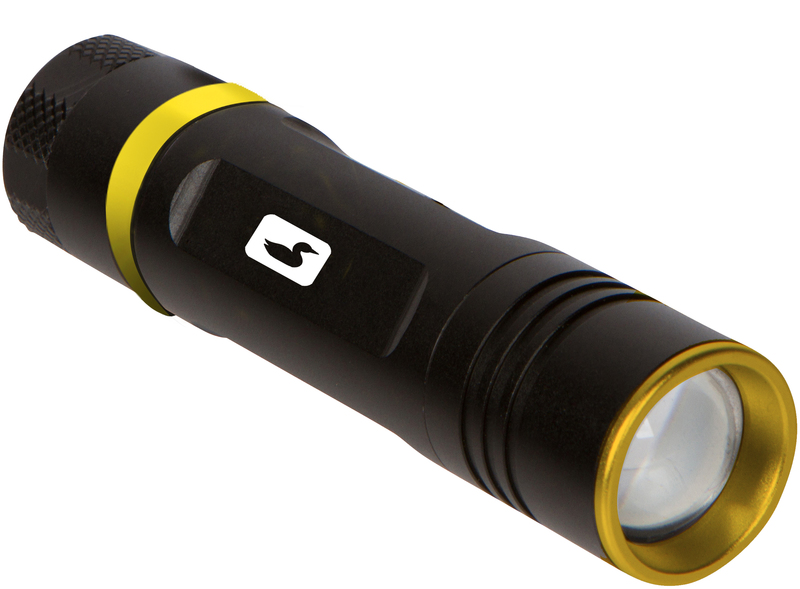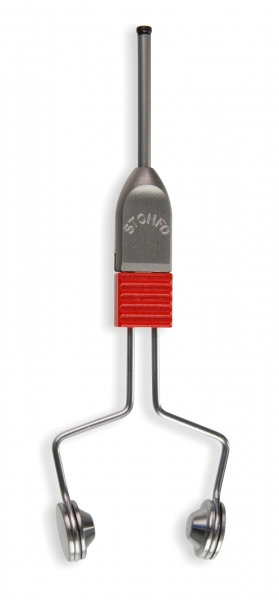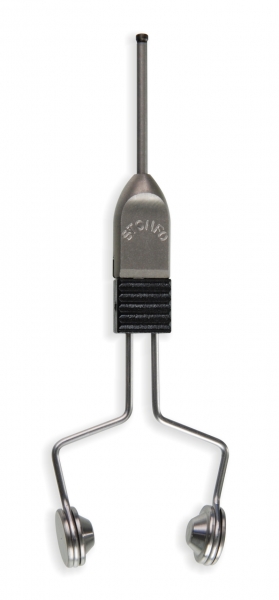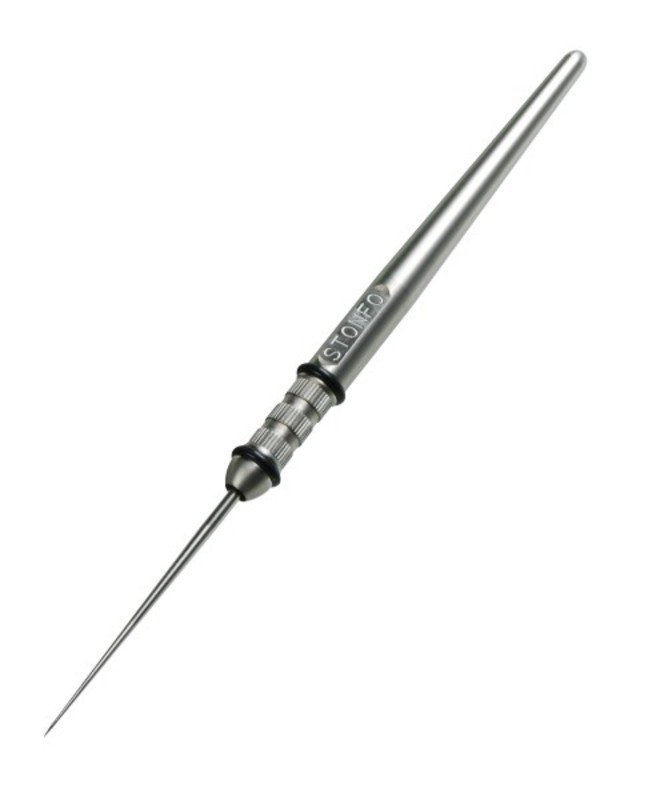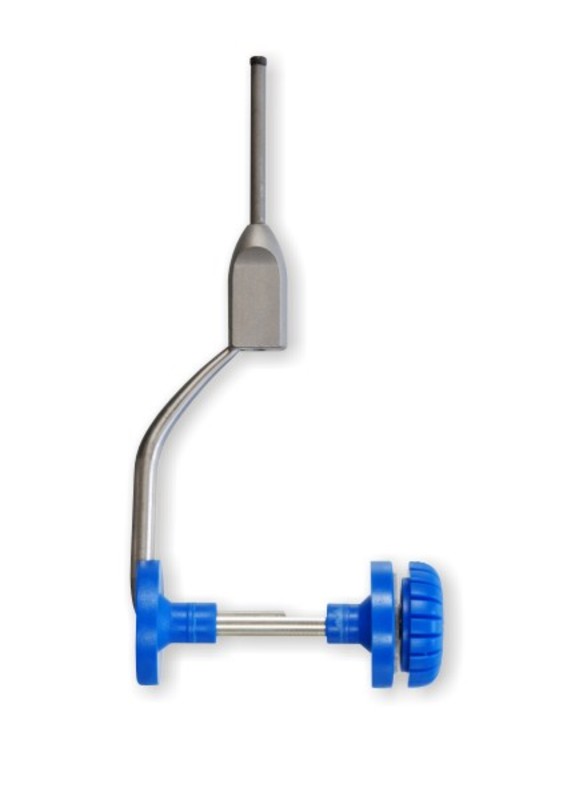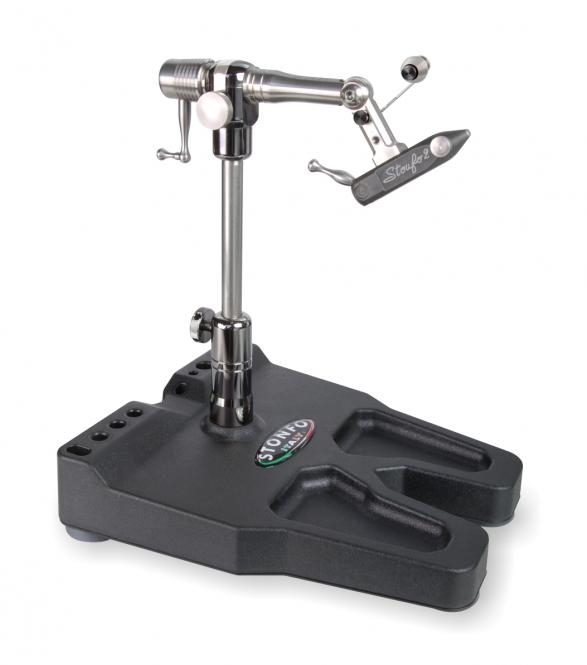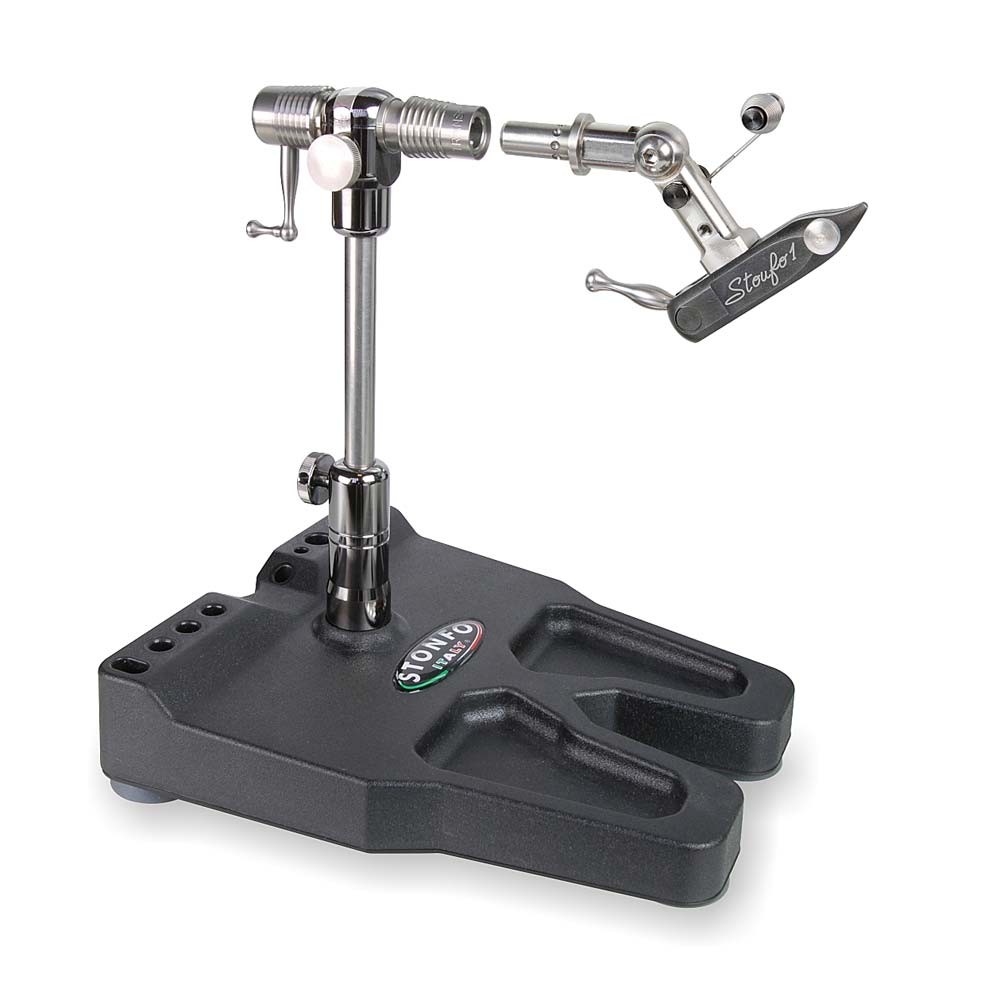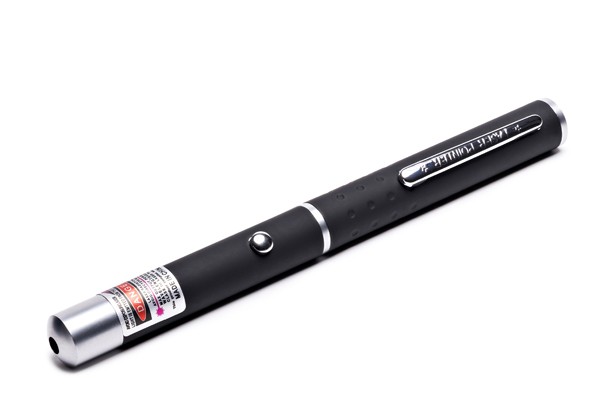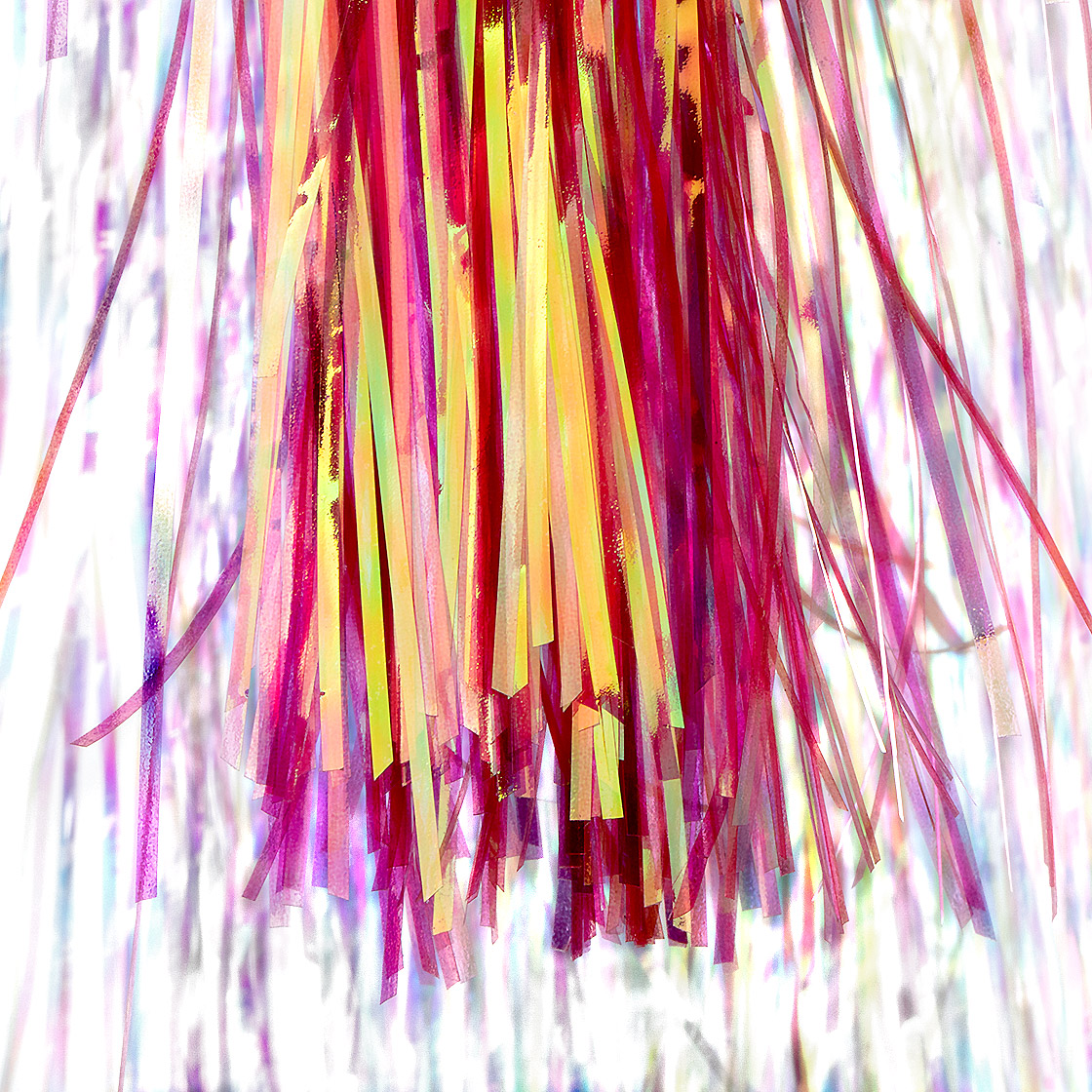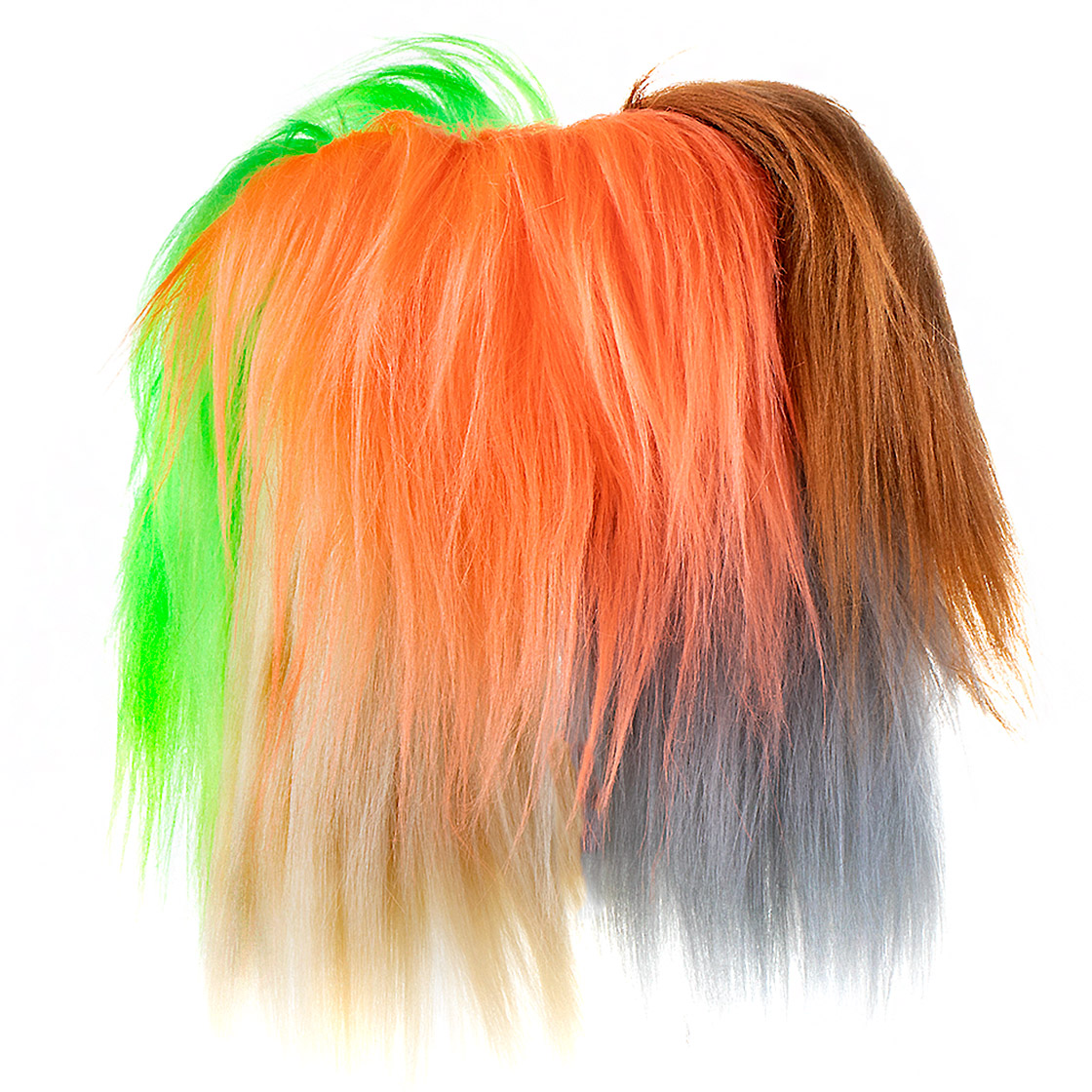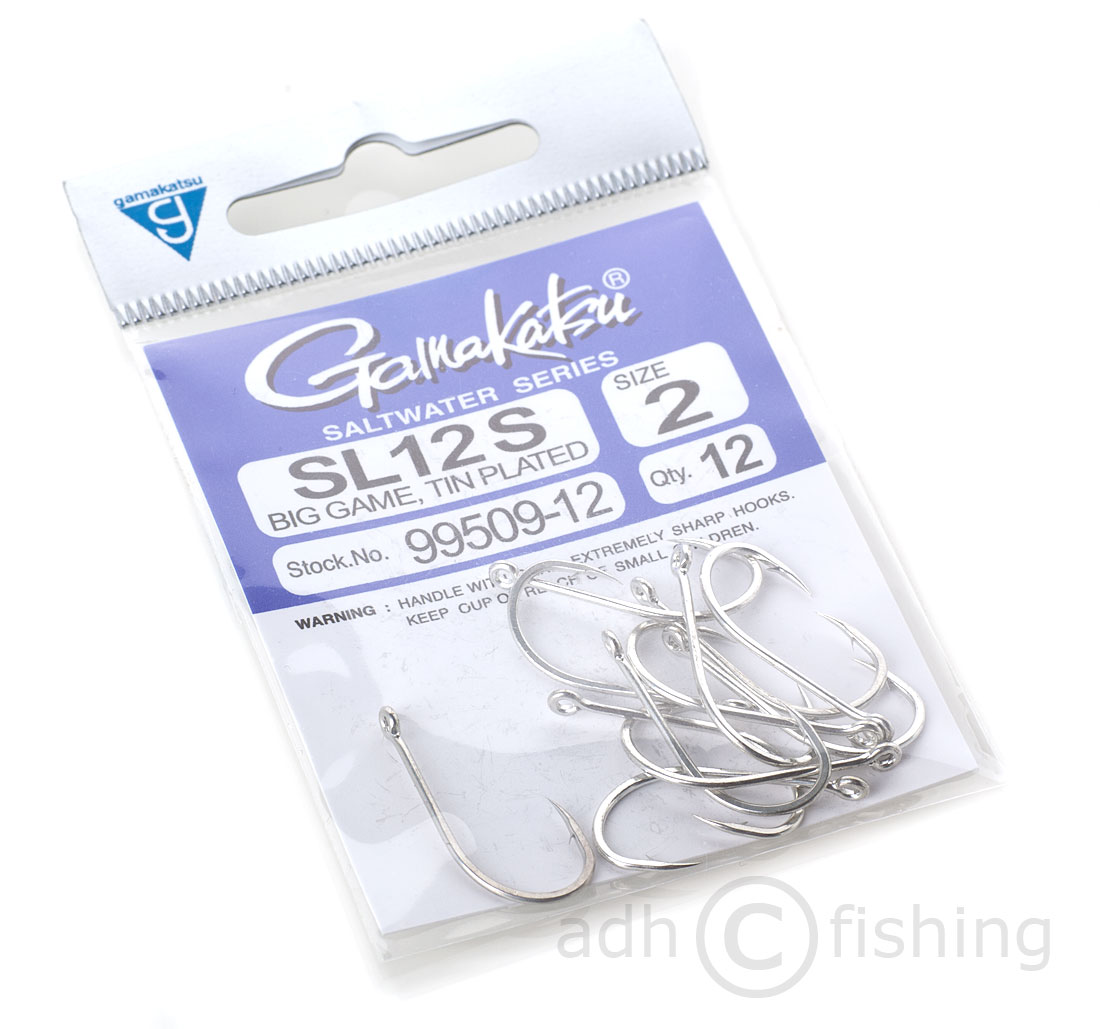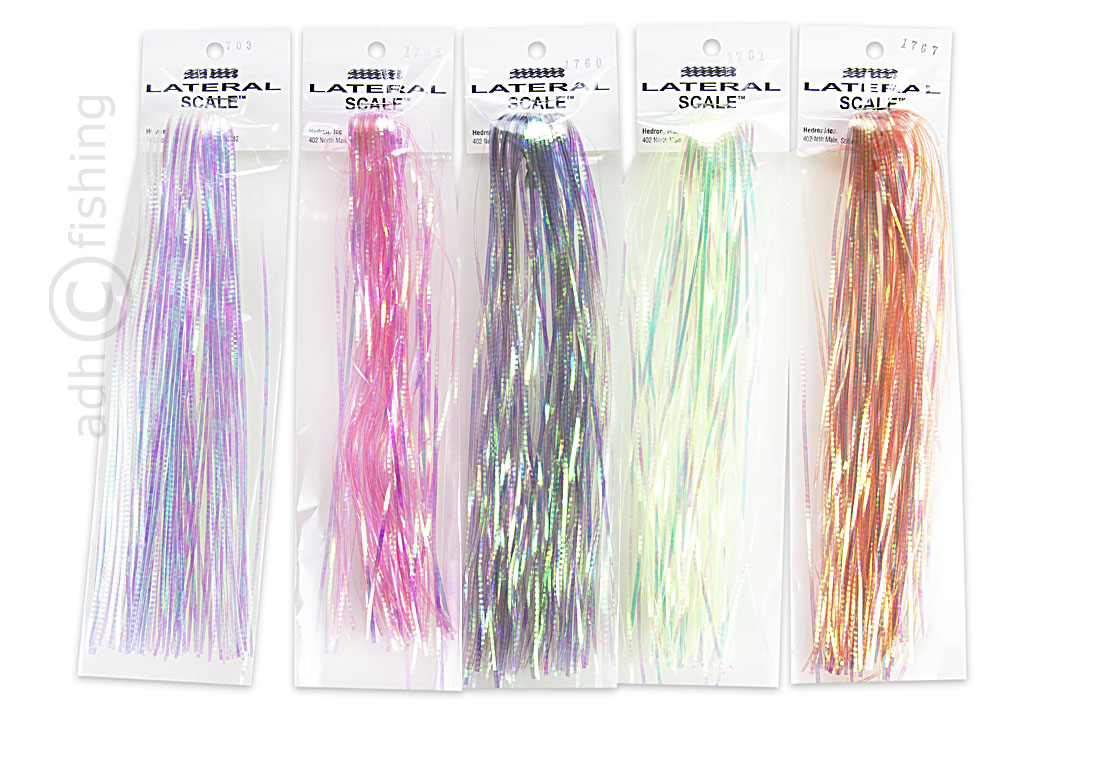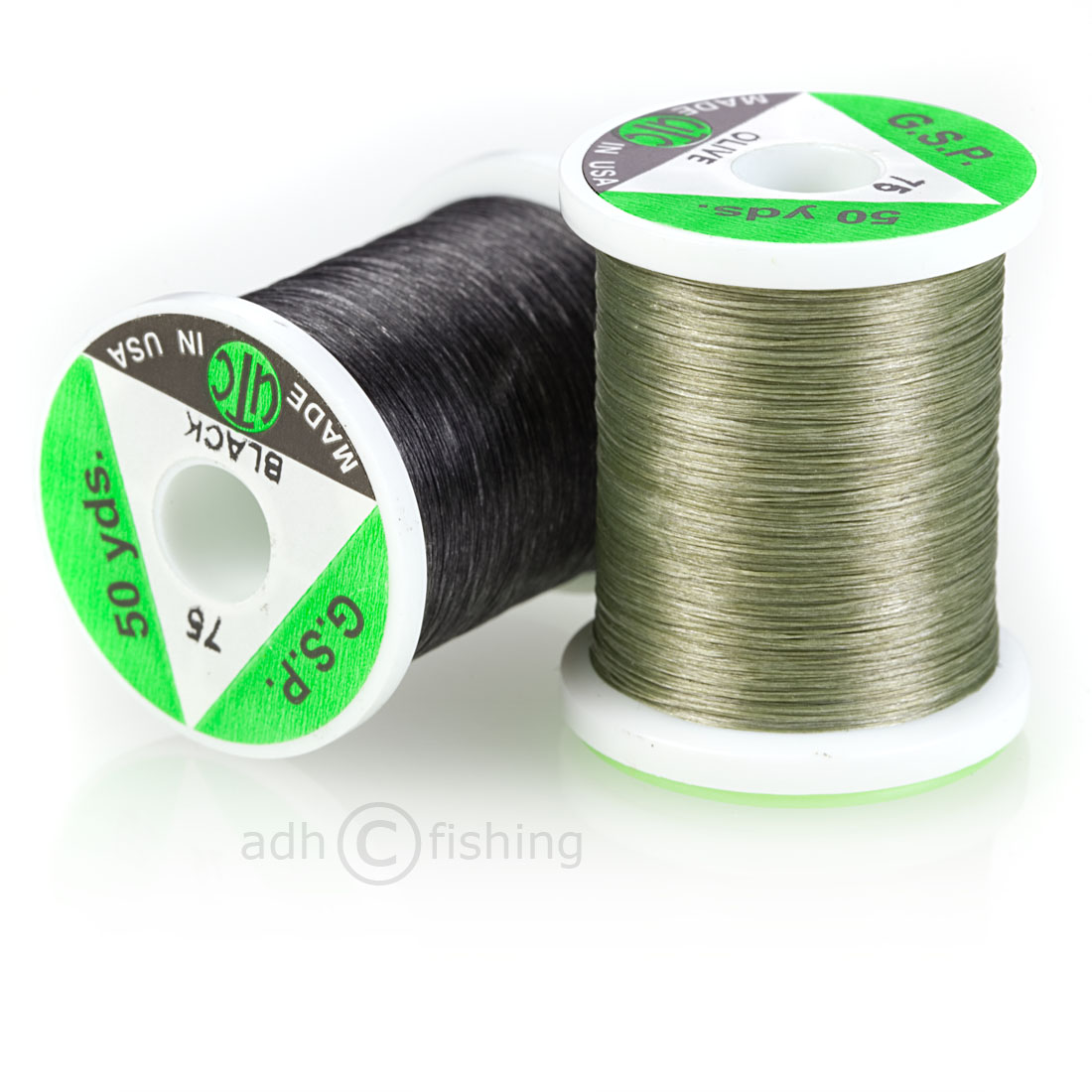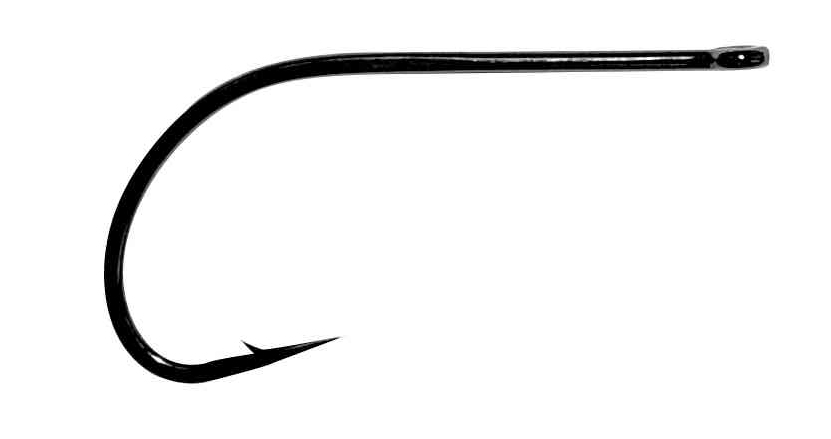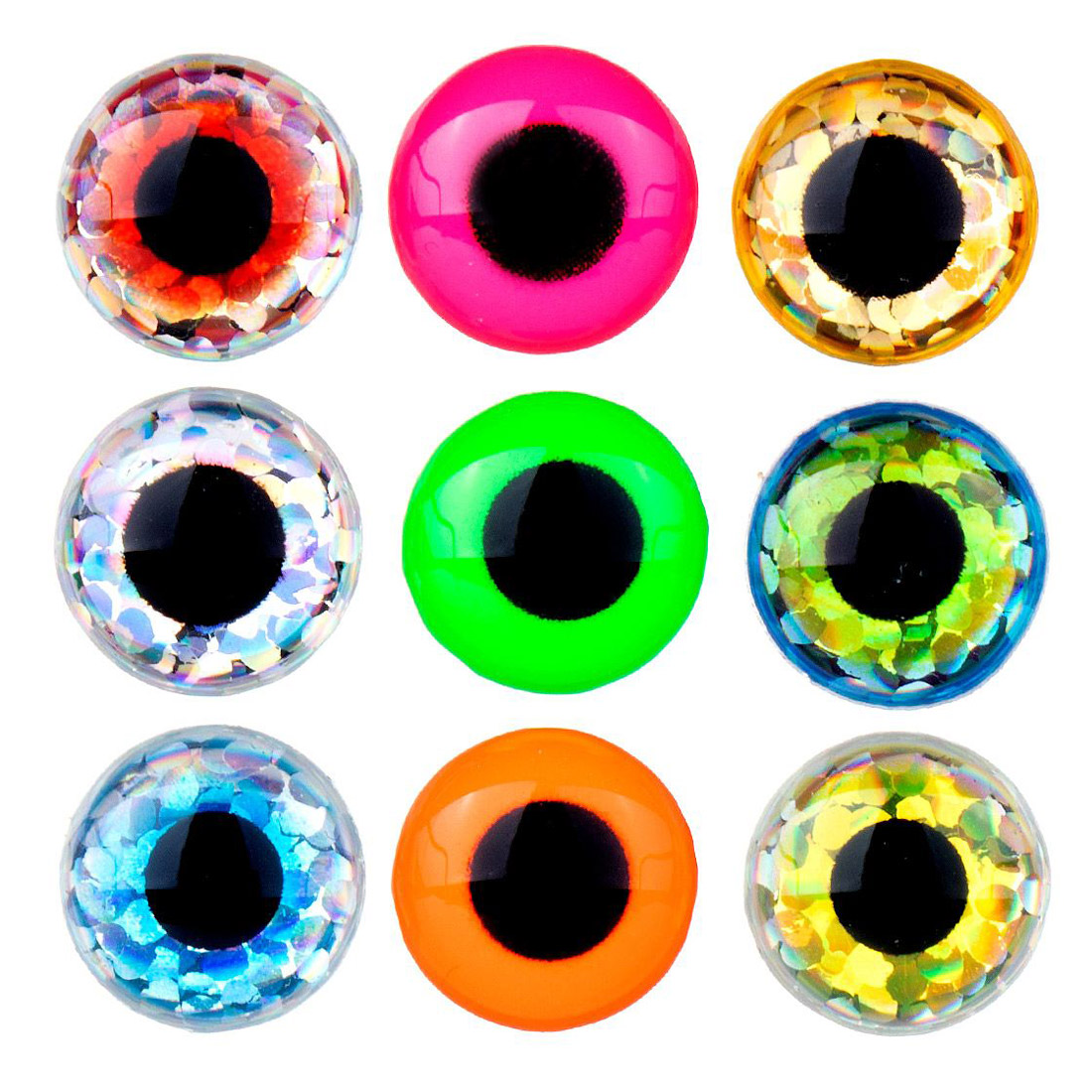Tying Video 'Sand Eel / Surf Candy' with Martin Rieck
Sand Eels are an important food source for Sea Trout and other predatory fish in the North and Baltic Seas. In this tying video, Martin Rieck shows you how to tie this slim snack and how you can make a Surf Candy for exotic destinations with just a few adjustments. Have fun tying!
Sand Eels (also called 'Tobias Fish') are found in both the North Sea and the Baltic Sea and belong to the group of perch relatives - i.e. not to the Eels. However, because they bore themselves into the substrate or sand when in danger, their name is extremely apt. Their body shape is also responsible for the name: the small fish have a very elongated body with a long dorsal fin. They grow to about 20 cm long and serve as prey for various predatory fish - for example Sea Trout, but also Cod or Haddock. That is why they are also of special interest to us fly fishers! Sand Eels like to stay in large shoals on sandbanks and a Sand Eel fly is a good choice when it comes to targeting Big Sea Trout. It is extremely rare for a Smolt or Greenlander to be interested in imitating a Sand Eel.
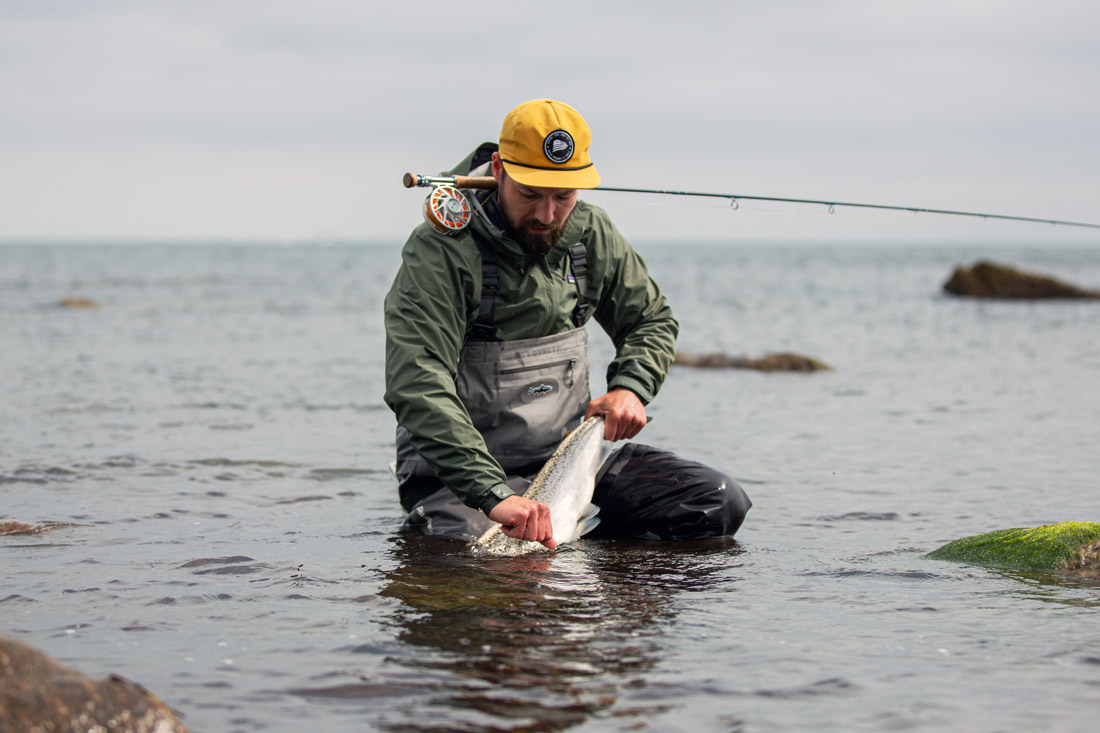
Perfect conditions for big Trout and fishing with the Sand Eel Fly
Especially where we have deeper water on the open coast within casting distance, it can be very rewarding to fish with this streamer. If you have water with a depth of 1 - 2 m over a large sandy area in front of you, then it's time for a Sand Eel fly! Seaweed and stones in the spot don't interfere, but a sandy bottom is essential to be really successful with this fly. A hot spot can therefore be relatively well defined!
The Presentation
When presenting, it is important to guide the fly quickly. This is because a fleeing Tobias Fish moves quickly through the water and is even more tempting for large Sea Trout. A second important reason for a fast retrieve: Because this streamer is a very long fly, making it easier to get a false take, a quick presentation tempts more aggressive attacks. So the chance of hooking a Sea Trout safely increases if you don't give it time to bite very carefully into the back of the tail. Overall, the bites on a Sand Eel are much more vehement than on a small gammarus, for example. It is therefore a good idea to hold the rod under your arm and strip the line with both hands. This way you can increase the speed even more. And there's another advantage to the 'Roly Poly Retrieve': by having one hand on the line at all times, you can't miss any bites and can set the hook immediately at any time. Just keep stripping as soon as the fish rolls over the fly!
The Setup
When choosing the right set-up for fishing with a Sand Eel, we go for a Fast Intermediate line (or a corresponding shooting head). This is partly due to the fast stripping speed and partly due to the fact that we are fishing over deeper water. And don't forget: If there is a slight swell and you guide the streamer fast, you will still only fish in the first layer below the surface - maybe 20 - 40 cm deep.
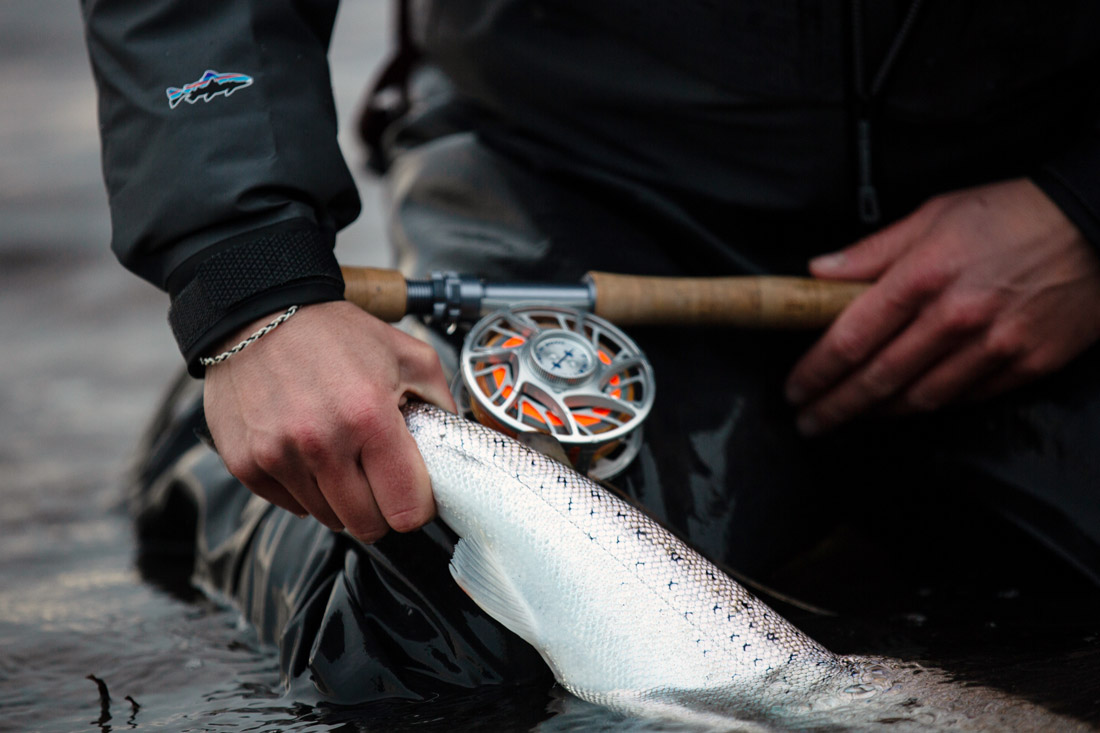
Successful fishing with the Sand Eel Fly
In summary: When presenting a Sand Eel, the aim is to fish specifically for large Sea Trout. The right spot and the right presentation are essential. You should fish fast, aggressively and on a slightly deeper line. And be prepared for vehement attacks!
Tying Time
And even on the tying vice you can do a lot for your fishing success on the coast already. For example, we deliberately choose a "normal" hook instead of a model with a special short shank. This allows us to use more UV glue for the front part of the fly. And this glue serves us to be able to offer the fly a little deeper or helps us to still be able to offer the fly under the wave despite the high stripping speed - i.e. where the Sea Trout always has the fly in view. On the other hand, a pattern that is only slightly or even completely untroubled and fishes in the wave would constantly disappear from the hunter's field of vision. So: Better use a little more UV glue and tighten a normal hook into your tying vice.
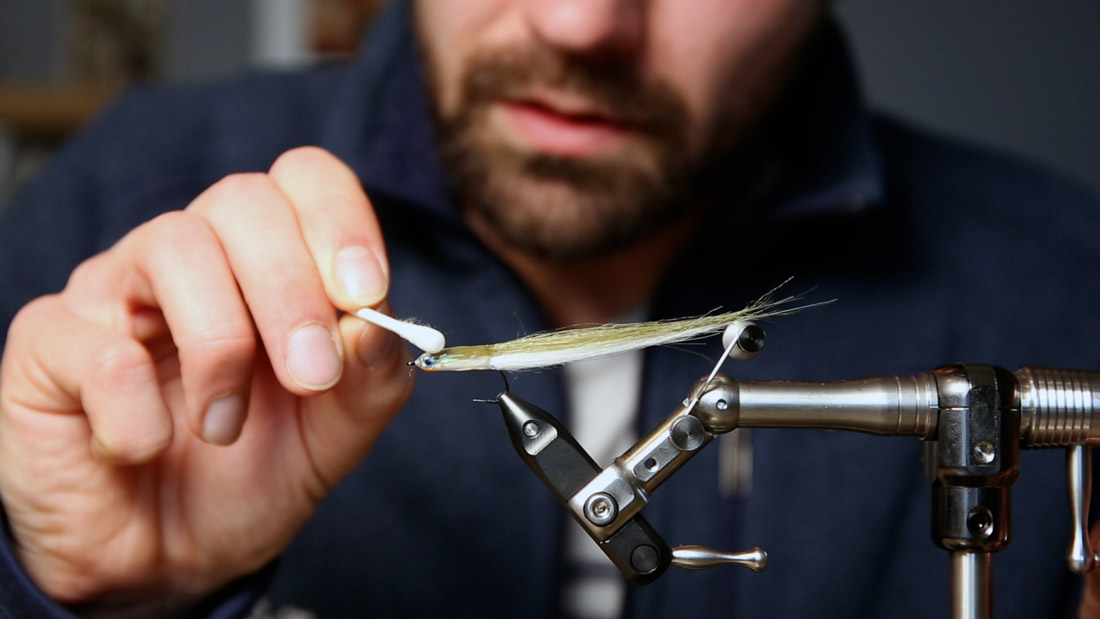
UV glue to weigh down the fly
Surf Candy
Variations of the Sand Eel are also used for larger predators in tropical saltwater. Then the streamer is also known as 'Surf Candy' and is used for example on Barracuda or other fast predators. Tied on a strong saltwater hook (e.g. an SL12 S), a longer version of our fly can imitate a Needle Fish, for example, and thus target fast predators. So, if you're going to the tropics, just use a larger hook and you'll have a universal saltwater streamer with you that imitates - and outwits - various species of fish. And even in freshwater at home, this pattern has proved very successful! Because Perch and Asp are also very fond of this streamer, which can also be used on tricky predators in clear water without any problems due to its discreet action and realistic silhouette.
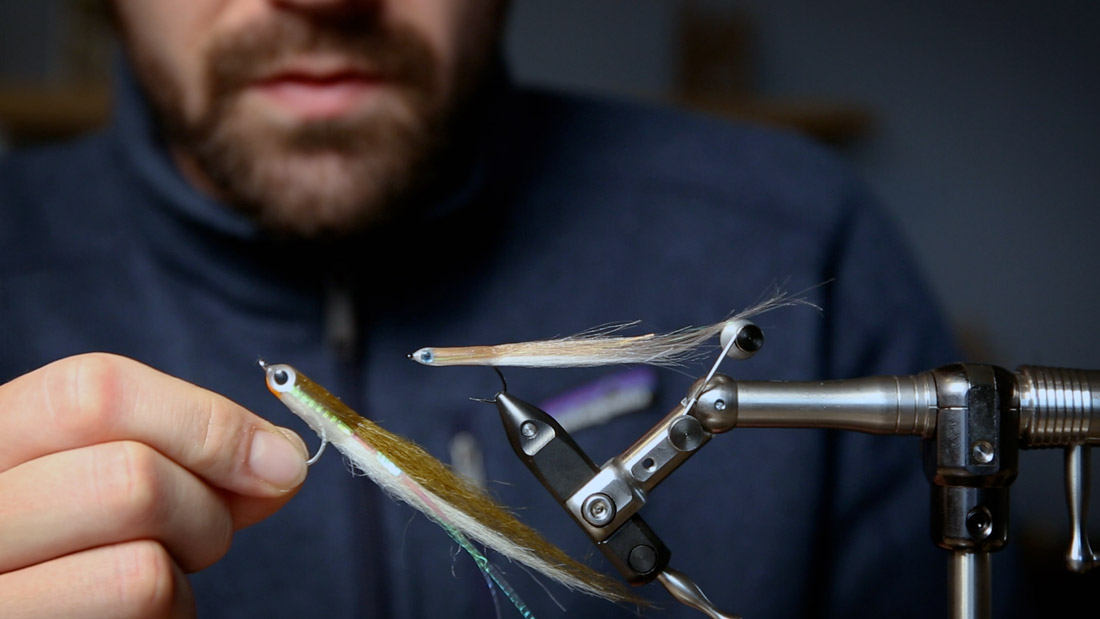
Surf Candy - Tied on a SL12S
Material List
For this Sand Eel, Martin has chosen the following materials:
- Hook: Gamakatsu F314 - Martin's favourite hook for Sea Trout. He chose a size #6 in this video. If you are tying a Surf Candy for the tropics, you should use an appropriately strong hook, e.g. a Gamakatsu SL12S.
- Tail: Craft Fur (Nayat, Polar Fiber, or similar fine synthetic hair work just as well). Martin likes to fish the combination of olive/white or tan/white. More colourful combinations can also be very catchy. In tropical saltwater, chartreuse works very well, for example.
- Body/head: Pro Sportfisher Mid Flex UV Resin or another clear UV varnish with medium viscosity. Use Pro Sportfisher's cleaner to remove sticky residue.
- Eyes: Adhesive eyes in matching colour and diameter (e.g. Epoxy 3D Eyes. Martin uses eyes with a diameter of 3-4 mm for this hook size).
- Tying thread: Thread in matching colour in thickness 6/0-8/0 (e.g. from Textreme or Semperfli).
In addition to your tying vice, you will also need the following tools:
- Bobbin
- Needle
- Scissors
- UV Lamp (Martin prefers to use the laser lamp from Fly Scene).
Have fun watching, re-tying and fishing with the Sand Eel or Surf Candy! Your adh-fishing team

